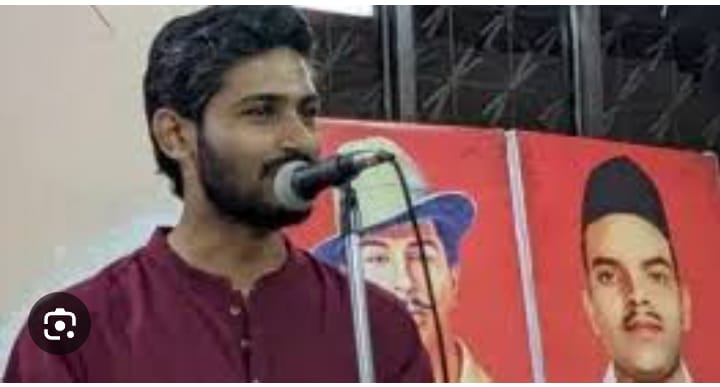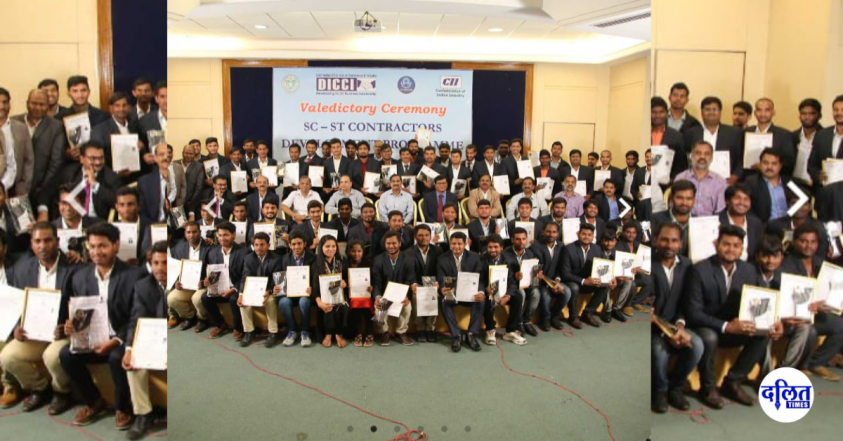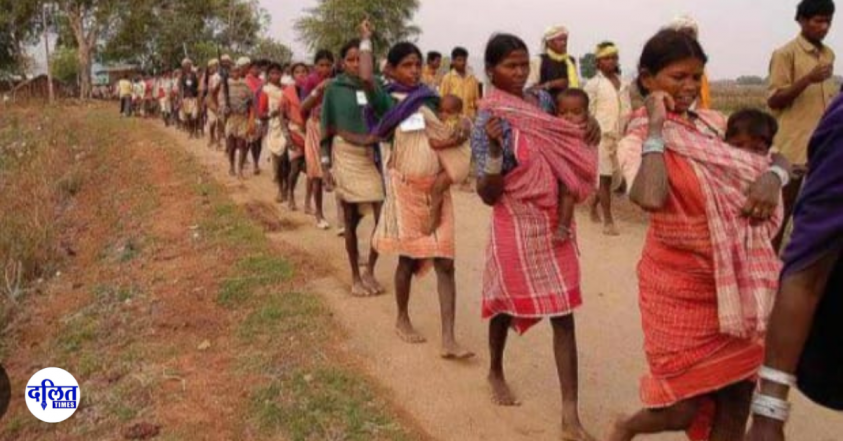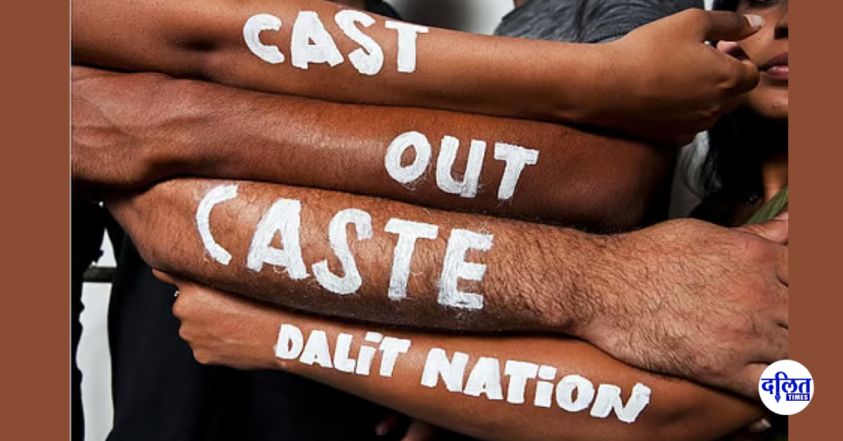Mumbai: A Legal Setback for Ramadas Prini Sivanandan KS
The Bombay High Court on 12th March dismissed a plea filed by Dalit PhD student Ramadas Prini Shivanandan , who had challenged his two-year suspension by the Tata Institute of Social Sciences (TISS) over allegations of misconduct and anti-national activities. The ruling dealt a major blow to Ramadas, who argued that the suspension was arbitrary and had left him struggling financially after his scholarship was revoked.
Ramadas participated a protest in Jantar manthar on January 2024 that was conducted by Progressive Student Forum. He is central executive committee member of SFI and Former general secretary of PSF and, which function of for 13 years the organization was started legally and that informed to the director and dean of the University in the beginning itself.
The university emphasized that it could not allow students to engage in actions that harmful to national interest.
A bench of Justices AS Chandurkar and Milind Sathaye refused to intervene in the case, stating: “We find that this is not a fit case to interfere. There is no merit in the petition and the same is dismissed.”
Advocates Jesani and Advocate Rishika Agarwal appeared for Ramdas for the petitioner.

The Case: Suspension, Protest, and Allegations
Ramadas, a PhD scholar from the School of Development Studies at TISS, was suspended on April 18, prompting him to approach the court in May last year. He contested that the institute had unfairly punished him for exercising his right to dissent, particularly for his participation in a protest march in New Delhi against the Central government’s alleged “anti-student policies.” He was also accused of urging people to watch the documentary Ram Ke Naam during the consecration of the Ram Temple in Ayodhya.
His petition sought to overturn the suspension, reinstate his student entitlements, and allow him to continue his research. “I have been unlawfully, arbitrarily, and unfairly suspended by the institute,” Ramadas claimed.
An affidavit filed by Registrar of TISS that stated as per the handbook for Phd scholars for 2016-17 the appellate authority for decision making lies with the director of the Institute who is in this case is the vice-chancellor.the petitioner had not resorted to the alternative remedy for appeal amounts to abuse of power.
TISS Defends Its Action
TISS firmly opposed the plea, arguing that Ramadas had bypassed the proper channels of appeal. The institute contended that students facing disciplinary action should first seek recourse with the vice-chancellor before approaching the court.
An affidavit filed by TISS highlighted that a high-level committee had been formed to handle disciplinary cases due to an increasing number of student misconduct incidents. The institute maintained that Ramadas was well aware of student conduct guidelines and the potential consequences of breaching them.
Political Pressure Allegations
TISS also alleged that following Ramadas’s suspension, political parties and organizations launched a campaign against the institute, exerting pressure through social media. “This shows that the petitioner is using his influence and strong political links to pressurize the institute to succumb to his illegal demand. Hence, no leniency is required to be shown,” the affidavit stated.
A Divided Opinion
Ramadas, however, denied any political affiliations and argued that widespread student and public support for his case indicated that his suspension was unjust. He expressed concerns that an internal appeal process would not offer him a fair hearing.
He argued that the suspension violated his constitutional rights, including the right to freedom of speech and expression and for association. University Grant omission guidelines gave spaces for critical thought and open debate without discrimination based on students identity and political views.
The Larger Debate: Academic Freedom vs Institutional Discipline
The case has reignited debates over academic freedom, student activism, and institutional autonomy. Supporters of Ramadas view his suspension as a targeted attack on dissenting voices, particularly those from marginalized communities. On the other hand, TISS maintains that it has the right to enforce discipline and ensure that students adhere to institutional rules.
As the legal battle ends, the controversy surrounding the case is far from over. Ramadas and his supporters continue to challenge what they see as a crackdown on free expression, while TISS upholds its stance on maintaining discipline within the institution. The case raises critical questions about the balance between student activism and institutional regulations in India’s academic spaces.
Targeting the Marginalized
Across universities, marginalized students—particularly Dalits—often face systemic discrimination, with expulsions becoming a disturbingly common response when they assert their rights. It has become an unfortunate norm to silence Dalit students by derailing their academic careers, denying them opportunities, and branding their activism as misconduct. This reflects a deep-seated bias within educational institutions, where fighting for justice is met with punitive action rather than support.
(Bindu Ammini, Advocate, Writer & Dalit Activist)



